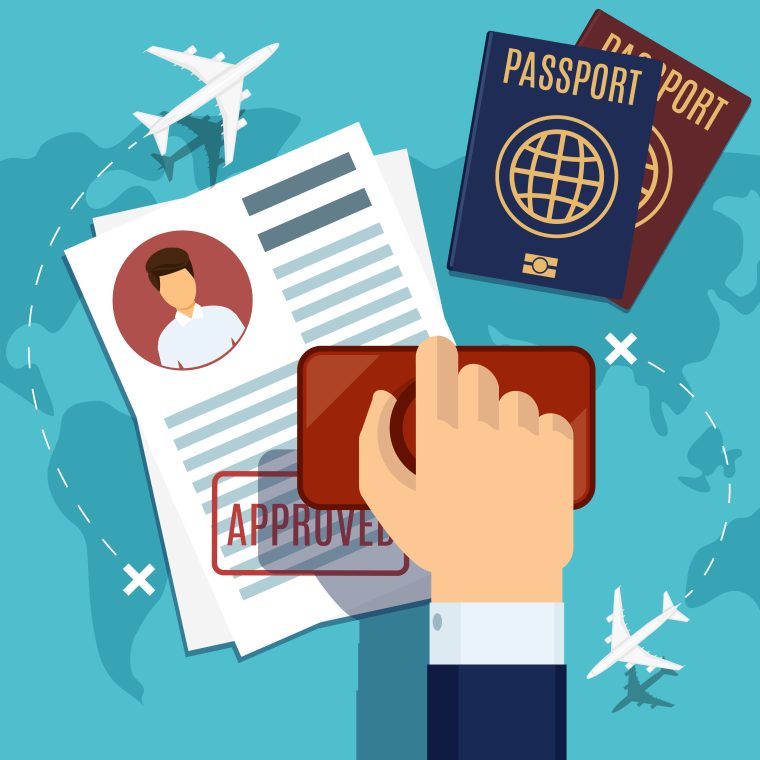How can an interpreter assist in asylum and immigration matters?
Interpreter assist in asylum and immigration matters : In the past two decades, UK’s cultural diversity has grown significantly, creating multiple challenges for Immigration, Asylum Centres, Border Security Force, Detention Centres, Courts, Tribunals, and Prisons. Since the 1940’s, refugees and asylum seekers have been arriving in Britain. It is vital not to make assumptions about a person’s capability to understand and liaise in English. Some newly arrived asylum seekers may not have had the access to education so may not be literate in their native language – therefore limiting their English literacy. Considering this situation, the UK government decided to support and bridge this language barrier through Interpreting and Translation Service.
Interpretation service is an essential role that can make all the difference for asylum seekers. While translation service and interpreting have since become professionalised, it still comes with its challenges. As an interpreter, you are in a unique position to assist the asylum-seeker’s asylum interview process, and the full responsibility of an accurate interpreter rests with the interpreter’s shoulders. During asylum interviews, the questions they are asked require clear communication and understanding on the part of both the interviewer and the interviewee. As an immigration interpreter, you are the bridge between the investigator and the asylum seeker. You can help asylum seekers to more fully understand the questions they ask, and also help the immigration officer to fully understand asylum seekers’ responses. Clear communication and a level of understanding is important in all situations and can be of immense help to asylum seekers during their interview process. Interpreters need to know the jargon and common practices associated with the immigration process to assist them with their refugee claim process. An interpreter must be thoroughly prepared for all aspects of the immigration process, and must be confident and familiar with the situation in order to handle the matter professionally and with greater accuracy.
As an interpreter, especially in the context of immigration, you hold an important position and can be largely responsible for understanding the conversation. Therefore, the interpreter must ensure that the relationship between the asylum-seeker and the interviewer not only provides an accurate interpretation service but also helps to build a strong connection between them. It is important that anyone who relies on an interpreter feels confident and that you put their best interests first.
Face-to-face interpreting is generally a suitable and preferred option to support interaction between all the parties. However, due to covid restrictions telephone and video interpreting have become the most effective and efficient means of communication. In such a situation, it is advised that a three-way call is booked with an interpreter, rather than relaying messages via an interpreter. This allows the caseworker to ask questions, improving understanding and engagement. The interpreter must interpret what the asylum seeker is exactly saying without adding or omitting any words or sentences.
Consultation sometimes can be longer than normal hence an interpreter and the caseworker should allow enough time for an appointment. During a face-to-face Interpretation meeting, it may be difficult for the interpreter to build rapport with the asylum seeker but can address this situation by looking and speaking directly at the caseworker and occasionally get an acknowledgment from the asylum seeker. It is always advised that the same interpreter must be used during the entire process of the Immigration matter of the asylum seeker for continuity purposes, including follow-up meetings.
To book an interpreting and Translation Service for asylum or immigration matter please contact us.




